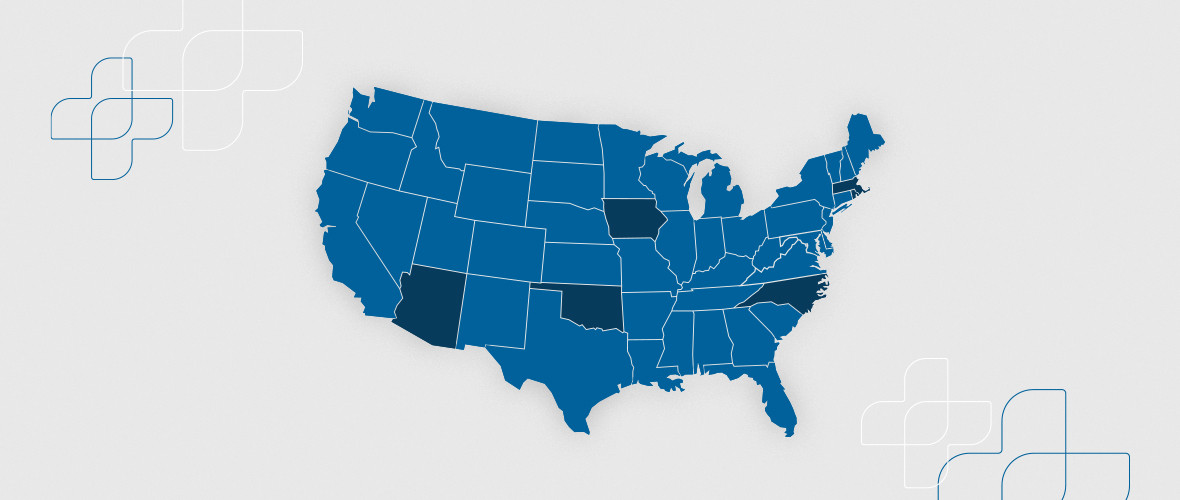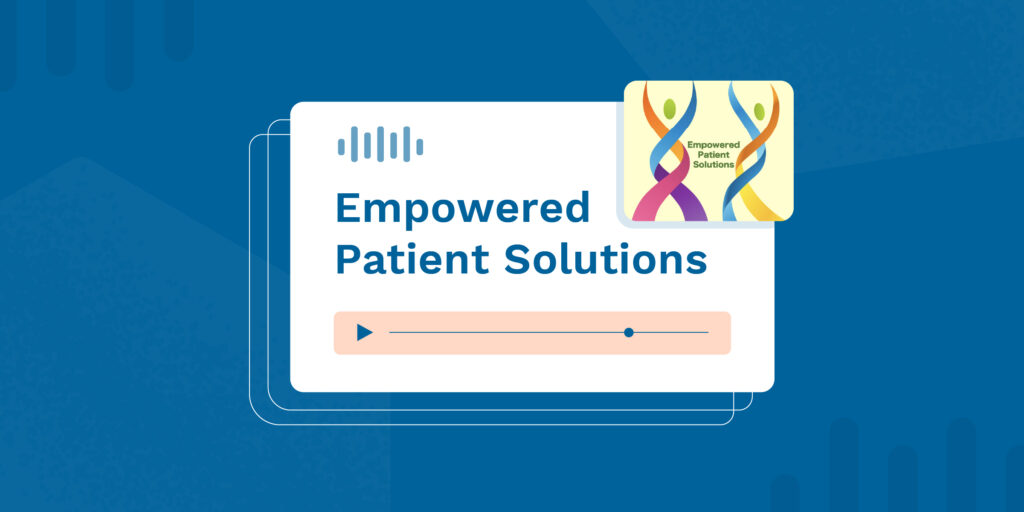Effective January 1, 2020, Arizona, Iowa, Massachusetts, North Carolina, Oklahoma, and Rhode Island, will require electronic prescribing for controlled substances (EPCS). This is part of an ongoing trend across the country, including a federal mandate that takes effect on January 1, 2021.
What’s behind the regulations?
Drug overdoses were responsible for more than 70,000 deaths in 2018, with approximately two-thirds involving prescription or illicit opioids, according to the U.S. Centers for Disease Control and Prevention. Electronic prescribing, with built-in features to prevent abuse, is one of the most effective ways to combat the opioid crisis.
As a result, many states have already implemented EPCS mandates, some have laws starting in 2020, and many more have laws on the books. If you regularly prescribe medicines in or near one of the six states requiring EPCS-certification on January 1, 2020, you don’t have a lot of time to meet the mandate and be able to prescribe controlled substances after January 1.
Each state’s requirements are different. Here’s what you need to know for your state:
Prescription Drug Monitoring Programs
No matter where you are, you must register with your state’s Prescription Drug Monitoring Program (PDMP). This Frequently Asked Questions document tells you more about PDMPs.




